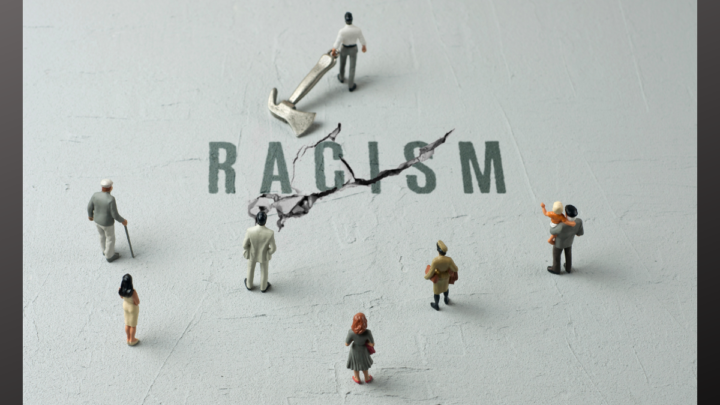How many strangers are in your community? This is the question I pondered on October 3rd as the Sound District and Beacon District Anti-Racism teams met to discuss Dr. Perez’s book ‘CHURCH: What To Do When Everyone Is Like You.’ Dr. Perez took us through a self-reflection journey to evaluate our tendencies and how they relate to our faith and churches. We were guided to think about who the strangers in our communities are and who our neighbors are. To help you imagine this, think about a store or restaurant that you frequent often. Is there a cashier, manager, or employee you see every single time you are there? How many of us take the time to know their names? How many of us take the time to know their stories?
If we are to truly love our neighbors, we need to know them. So, we need to have fewer strangers in our community. Imagine, if you will, we know that God loves us because God knows us. Therefore, for us to truly love our neighbors, we need to know them, ask them their stories, and turn them into neighbors. To answer our call as United Methodists, “making disciples of Jesus Christ for the transformation of the world” it is going to require a lot of work. Another thing we discussed in the meeting was how we effectively work with our church members to do this work.
It starts with us finding ways to balance out the bridge builders and gatekeepers. If those terms are new to you, bridge builders are people who tend to want new ways of doing things, they bring in new ideas, and they seek change in what has always been. Gatekeepers are often those on the opposite side of the bridge builders, and they want everything the way things have always been to remain as they are. Gatekeepers tend to fear change or fear loss of power when things are done differently. Having a balance between these two groups would be a benefit to our churches because you would receive the perspective of two sides. Perhaps you may even come to a middle ground. The hope with that would be that the middle ground allows for some tradition to remain while allowing for growth that excites people, hopefully on both sides of the spectrum.
To be part of the Dismantling Racism Team, you are asked to reach out to Rhonda Grant Jordan.

